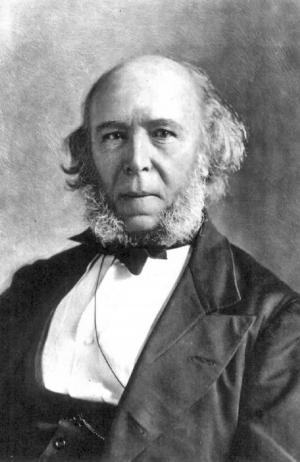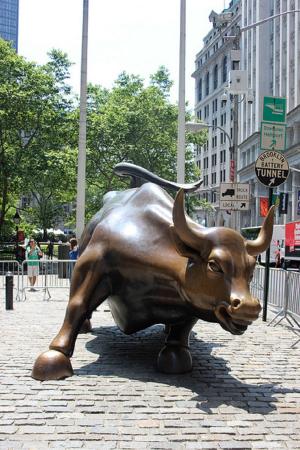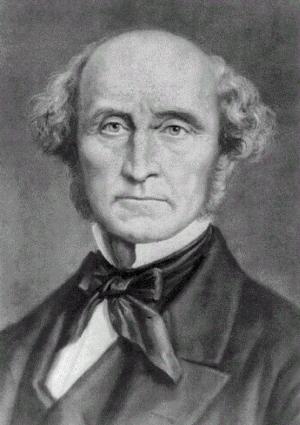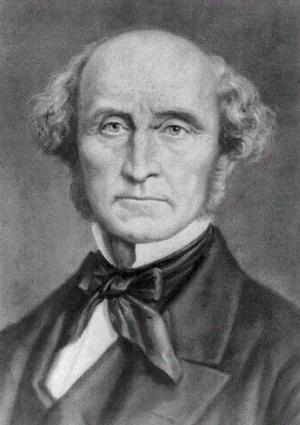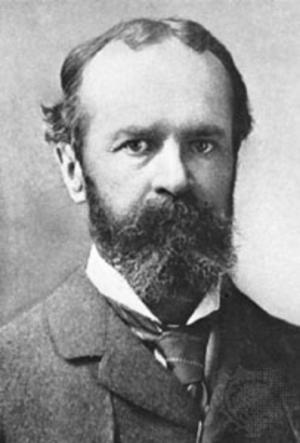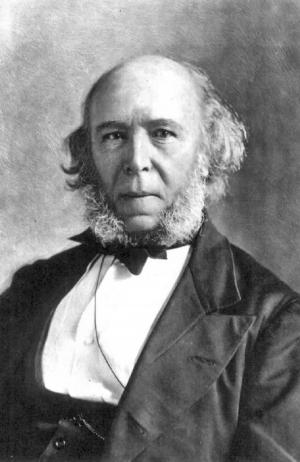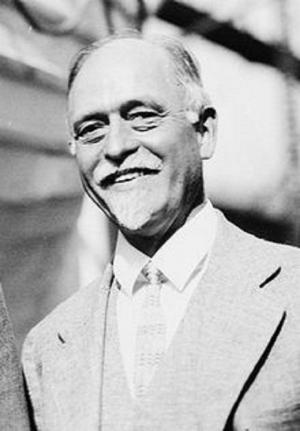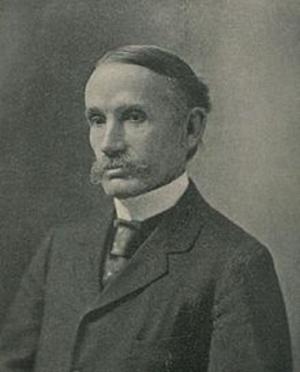The Wealth of Nations (Illustrated and Bundled with The Theory of Moral Sentiments)
Business & Finance, Economics, Macroeconomics, Theory of Economics| Author: | Adam Smith | ISBN: | 1230000266481 |
| Publisher: | AS Team | Publication: | September 7, 2014 |
| Imprint: | Language: | English |
| Author: | Adam Smith |
| ISBN: | 1230000266481 |
| Publisher: | AS Team |
| Publication: | September 7, 2014 |
| Imprint: | |
| Language: | English |
The book has an active table of contents to easy access to each chapter of the following titles:
1. The Wealth of Nations
2. The Theory of Moral Sentiments
The Wealth of Nations was published in 1776 by Adam Smith and it is one of the most important economic works in economic history since the date. What set Adam Smith’s work apart was the follows:
1) He believed in that self-interest is God's providence
2) He believed in that if government is away from interfering with free competition, the invisible hand of capitalism will emerge from the competing claims of individual self-interest
3) He believed in that free market problems will be resolved and maximum efficiency will be reached
Adam Smith said 200 years ago for the following subjects in the Wealth of Nations:
On Progressive taxation
“It is not very unreasonable that the rich should contribute to the public expense, not only in proportion to their revenue, but something more than in that proportion.”
On Poverty
“No society can surely be flourishing and happy of which by far the greater part of the numbers are poor and miserable.”
On Inequality
“Wherever there is great property there is great inequality. For one very rich man there must be at least five hundred poor, and the affluence of the few supposes the indigence of the many.”
On Business groups acting against the public
“People of the same trade seldom meet together, even for merriment and diversion, but the conversation ends in a conspiracy against the public, or in some contrivance to raise prices.”
On Higher wages affect prices less than higher profits
“In regards to the price of commodities, the rise of wages operates as simple interest does, the rise of profit operates like compound interest. Our merchants and masters complain much of the bad effects of high wages in raising the price and lessening the sale of goods. They say nothing concerning the bad effects of high profits. They are silent with regard to the pernicious effects of their own gains. They complain only of those of other people.”
On Empathy
“Though our brother is upon the rack, as long as we ourselves are at ease, our senses will never inform us of what he suffers. They never did and never can carry us beyond our own persons, and it is by the imagination only that we form any conception of what are his sensations...His agonies, when they are thus brought home to ourselves, when we have this adopted and made them our own, begin at last to affect us, and we then tremble and shudder at the thought of what he feels.”
On Government acting on behalf of the rich
“Civil government, so far as it is instituted for the security of property, is in reality instituted for the defense of the rich against the poor, or of those who have some property against those who have none at all.”
The invisible hand of the market in economics is to describe the self-regulating behavior of the marketplace. However, the concept was not phrased in the Wealth of Nations by Adam Smith. Adam Smith first introduced the concept of invisible hand of the market in The Theory of Moral Sentiments, written in 1759. The idea of markets automatically channeling self-interest toward socially desirable ends becomes the foundation of the theory of small government today in the world.
Smith’s reasoning still remains as relevant today as it was then. This book is one of the most important ones about the deepest thoughts of capitalism and free market by Adam Smith, one of the greatest thinkers of political economics on the planet.
After more than two centuries, Smith's work still stands as the best statement and defense of the fundamental principles of capitalism. The book is already read more than two hundred years and it will still be read for another century due to its truths.
This is a must-read book for readers to learn the Smith’s thoughts about the free market and moral in a comprehensive way.
The book has an active table of contents to easy access to each chapter of the following titles:
1. The Wealth of Nations
2. The Theory of Moral Sentiments
The Wealth of Nations was published in 1776 by Adam Smith and it is one of the most important economic works in economic history since the date. What set Adam Smith’s work apart was the follows:
1) He believed in that self-interest is God's providence
2) He believed in that if government is away from interfering with free competition, the invisible hand of capitalism will emerge from the competing claims of individual self-interest
3) He believed in that free market problems will be resolved and maximum efficiency will be reached
Adam Smith said 200 years ago for the following subjects in the Wealth of Nations:
On Progressive taxation
“It is not very unreasonable that the rich should contribute to the public expense, not only in proportion to their revenue, but something more than in that proportion.”
On Poverty
“No society can surely be flourishing and happy of which by far the greater part of the numbers are poor and miserable.”
On Inequality
“Wherever there is great property there is great inequality. For one very rich man there must be at least five hundred poor, and the affluence of the few supposes the indigence of the many.”
On Business groups acting against the public
“People of the same trade seldom meet together, even for merriment and diversion, but the conversation ends in a conspiracy against the public, or in some contrivance to raise prices.”
On Higher wages affect prices less than higher profits
“In regards to the price of commodities, the rise of wages operates as simple interest does, the rise of profit operates like compound interest. Our merchants and masters complain much of the bad effects of high wages in raising the price and lessening the sale of goods. They say nothing concerning the bad effects of high profits. They are silent with regard to the pernicious effects of their own gains. They complain only of those of other people.”
On Empathy
“Though our brother is upon the rack, as long as we ourselves are at ease, our senses will never inform us of what he suffers. They never did and never can carry us beyond our own persons, and it is by the imagination only that we form any conception of what are his sensations...His agonies, when they are thus brought home to ourselves, when we have this adopted and made them our own, begin at last to affect us, and we then tremble and shudder at the thought of what he feels.”
On Government acting on behalf of the rich
“Civil government, so far as it is instituted for the security of property, is in reality instituted for the defense of the rich against the poor, or of those who have some property against those who have none at all.”
The invisible hand of the market in economics is to describe the self-regulating behavior of the marketplace. However, the concept was not phrased in the Wealth of Nations by Adam Smith. Adam Smith first introduced the concept of invisible hand of the market in The Theory of Moral Sentiments, written in 1759. The idea of markets automatically channeling self-interest toward socially desirable ends becomes the foundation of the theory of small government today in the world.
Smith’s reasoning still remains as relevant today as it was then. This book is one of the most important ones about the deepest thoughts of capitalism and free market by Adam Smith, one of the greatest thinkers of political economics on the planet.
After more than two centuries, Smith's work still stands as the best statement and defense of the fundamental principles of capitalism. The book is already read more than two hundred years and it will still be read for another century due to its truths.
This is a must-read book for readers to learn the Smith’s thoughts about the free market and moral in a comprehensive way.



